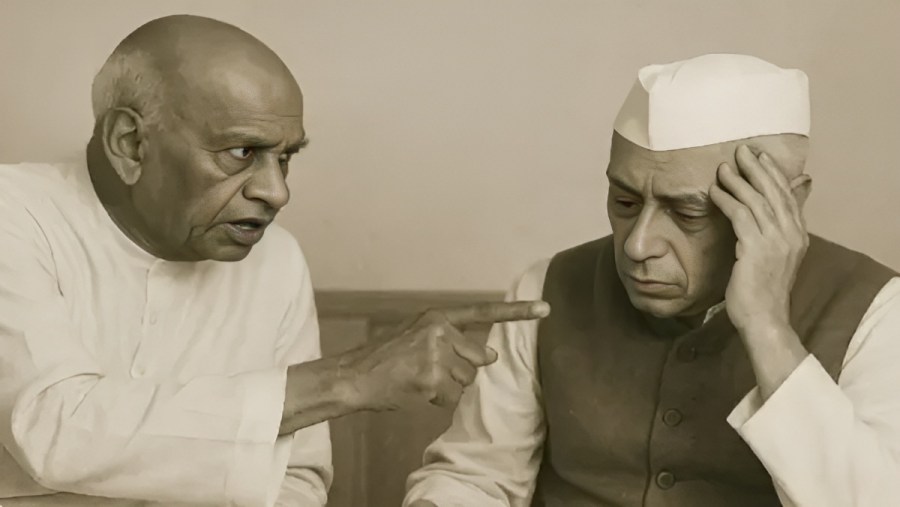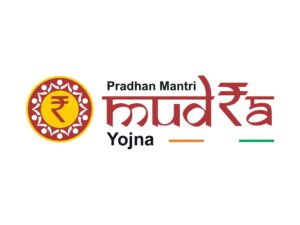National Herald Scandal: How Sardar Patel’s 1950 Warning Foreshadowed the Gandhis’ Legal Crisis
As the Enforcement Directorate tightens its probe, a decades-old letter from Sardar Vallabhbhai Patel resurfaces—raising uncomfortable questions for India’s grand old party
April 22, 2025 — The National Herald case, now the centerpiece of a heated political and legal storm in India, has taken a dramatic turn with historical echoes that reach back to the early years of independence. The Enforcement Directorate (ED) has leveled serious allegations of financial misconduct against Sonia Gandhi and Rahul Gandhi, accusing them of manipulating a corporate structure to divert assets worth ₹5,000 crore, using Young Indian Ltd. to acquire the now-defunct newspaper’s properties under questionable circumstances.

While the Congress Party defends the move as standard corporate restructuring, the BJP, backed by whistleblowers like Dr. Subramanian Swamy, calls it a “scandal foretold”—pointing to documented warnings by Sardar Vallabhbhai Patel as early as 1950.
Patel’s Letters: The First Alarm Bell
In a series of correspondences dated May 1950, published in Sardar Patel’s Correspondence, Patel expressed concern to Jawaharlal Nehru about the National Herald’s fundraising methods. He questioned the ethical implications of accepting donations from controversial business figures and warned about government influence being leveraged for private media gain.
One key instance involved a ₹75,000 donation from individuals linked to Himalayan Airways, a company that had recently secured a government contract despite military objections. Patel also raised red flags about donors like Akhani, who was facing bank fraud charges, and about the involvement of Union Minister Ahmed Kidwai in soliciting funds from figures like J.P. Srivastava in Lucknow.
Nehru’s Deflection and Dismissal
Patel’s warnings were met with vague, non-committal responses from Nehru, who distanced himself from the financial workings of the Herald. In one letter, Nehru claimed he had delegated responsibility to his son-in-law Feroze Gandhi and later, to a woman named Mridula. He dismissed the concerns as “business matters” involving loss and profit, and not questions of ethics or governance.
Analysts now argue that this early exchange reveals a longstanding culture of ignoring internal dissent and ethical accountability—a pattern the BJP claims has only deepened under the Gandhi family’s leadership of the Congress.
ED Investigation: The Present-Day Fallout
The ED’s ongoing investigation paints a picture of deliberate asset diversion under the guise of corporate restructuring. The Gandhis, through Young Indian Ltd., allegedly acquired Associated Journals Ltd., the publisher of the National Herald, and its massive property portfolio, at almost no cost.
Dr. Subramanian Swamy, the original petitioner in the case, has dubbed this a “systematic conspiracy” and claims it’s emblematic of a “dynasty-first” political approach, rather than one rooted in national interest.
A Moral Reckoning for Congress?
The BJP has used Patel’s documented objections to mount a moral and historical case against the Congress. By framing the issue not just as a financial fraud but as a betrayal of the ideals of India’s founding fathers, the ruling party seeks to highlight a fundamental contrast: nation-building vs. dynasty-building.
For critics, the National Herald case is not just about the Gandhis or the Congress—it is about the erosion of institutional accountability, a warning ignored 75 years ago that has now come full circle.





















